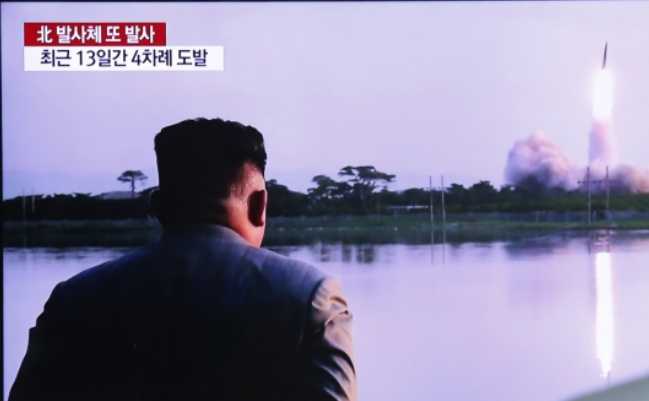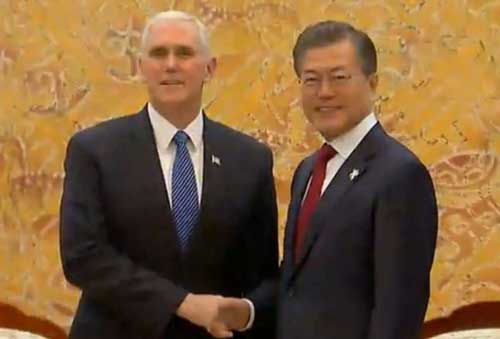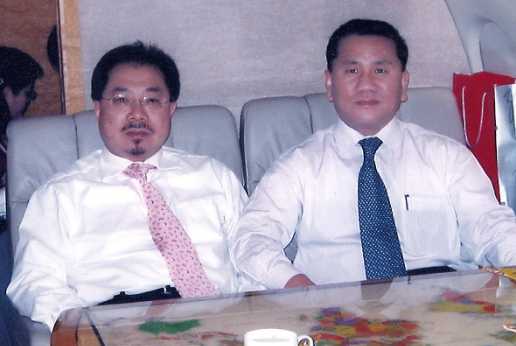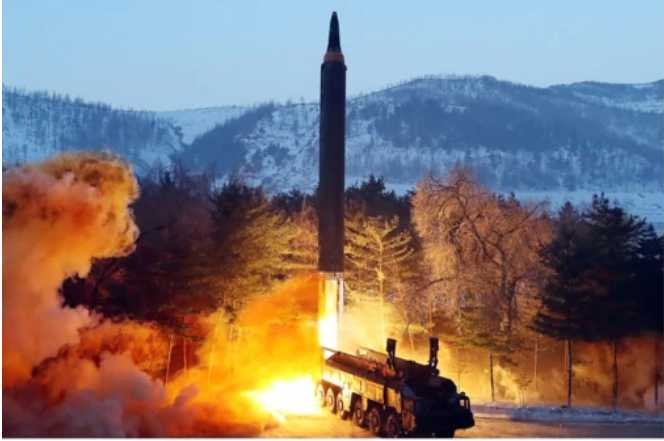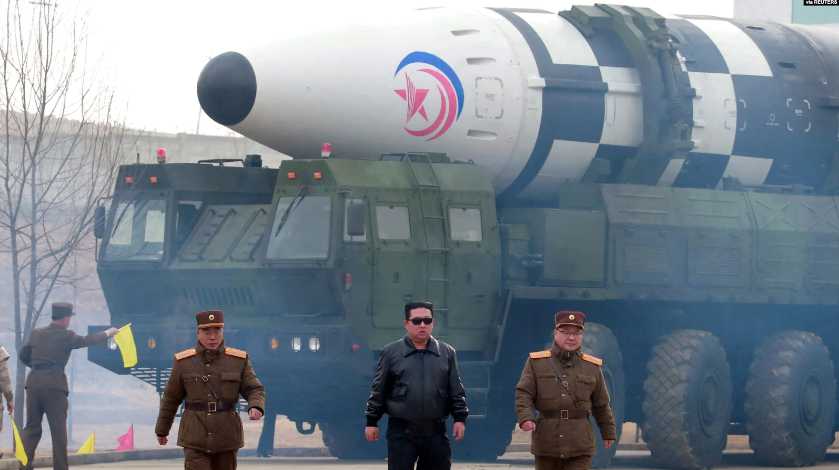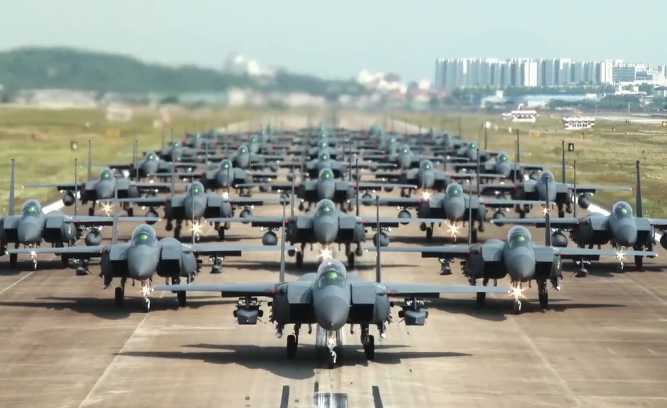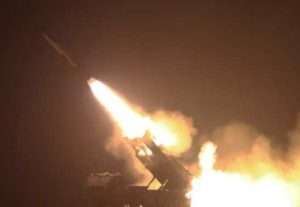
SEOUL, SOUTH KOREA — North Korea said it fired four strategic cruise missiles Thursday, continuing its rapid pace of launches, as it blasted the United States and its allies for escalating military tensions.
The four Hwasal-2 cruise missiles flew 2,000 kilometers in about two hours and 50 minutes before hitting a “preset target” in the sea off North Korea’s east coast, according to the Korean Central News Agency.
“The drill clearly demonstrated once again the war posture of the DPRK nuclear combat force bolstering up in every way its deadly nuclear counterattack capability against the hostile forces,” KCNA added, using the abbreviation for North Korea’s official name, the Democratic People’s Republic of Korea.
Although South Korea and Japan typically issue alerts when North Korea launches missiles, they did not do so Thursday, raising the question of whether they detected the cruise missile exercise.
Later Friday, South Korea’s military disputed North Korea’s claim about the cruise missiles, without specifying what portion it believed was inaccurate.
“There is a difference between what South Korea-U.S. reconnaissance surveillance assets identified and what North Korea announced,” read a statement from South Korea’s Joint Chiefs of Staff.
“We are closely analyzing related matters in cooperation with the United States,” the statement added.
Cruise missiles typically fly at lower altitudes than ballistic missiles and are therefore harder for other countries to track and potentially intercept.
North Korea claims its cruise missiles are nuclear-capable. However, it is not clear whether it has built warheads small enough to be carried on such missiles.
Thursday’s cruise missile launch comes days after North Korea tested an intercontinental ballistic missile — its ninth ICBM launch since the beginning of last year.
Even as it bolsters its defenses, North Korea has expressed outrage at the United States and its regional allies for expanding their own military activity.
In a statement Friday in KCNA, a North Korean Foreign Affairs Ministry official said the only way to prevent a “vicious cycle of escalating military tension” is for the United States to halt its military drills and deployment of advanced weaponry to the peninsula.
“The U.S. should bear in mind that if it persists in its hostile and provocative practices against the DPRK despite the latter’s repeated protest and warning, it can be regarded as a declaration of war against the DPRK,” said Kwon Jong Gun, the director general of the ministry’s U.S. Affairs Department.
On Thursday, the United States and South Korea announced they held a tabletop exercise at the Pentagon that focused on the possibility of North Korea using a nuclear weapon.
The drill was followed by a visit to a U.S. Navy base in the southeastern U.S. state of Georgia where key U.S. nuclear submarines are based, according to a joint statement.

